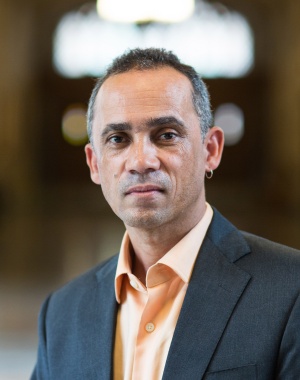PubPol 495 is open to students in the Public Policy BA program, by permission only.
The international law of individual accountability for human rights atrocities, which emerged after World War II, has evolved rapidly since the 1990s. A variety of mechanisms has been used to bring justice for atrocities committed by people, groups and governments against those under their political and social control. These mechanisms include investigatory commissions such as the South African Truth and Reconciliation Commission; United Nation’s ad hoc tribunals for trying perpetrators of human rights atrocities such as the International Criminal Tribunal for Rwanda (ICTR); and a hybrid national- international court such as the Special Court for Prosecuting Atrocities in Sierra Leone; United Nations Peacekeepers and externally supported Electoral Commissions in the DRC. What has been the role and use of transitional justice policy frameworks, instruments, and mechanisms such as truth commissions, special courts and tribunals for shaping reparative frameworks as part of the democratic state’s quest for greater social cohesion and peace after conflict? How are conflicting interests sometimes the cause of the preceding conflict addressed systemically? How are the legacies of power abuses and violent social control effectively redressed after new democracies are inaugurated? What are the political, legal, economic and social policy challenges faced by nations who have experienced internal conflict? How do such nations recover after extended periods of administrative violence during oppressive systems? How do the politics inherent to collective, institutional and group interests strategically influence such political systems, policy frameworks and their corresponding social, political and economic outcomes? What trials, tribulations and hopes play into peacemaking, nation-building, plural systems and democratic consolidation over time? Why do seemingly stable states slide into civil war? How is the public policy, political and legal meanings of the terms implicated in the state's search for socio-political, ethico-juridical, sustainable peace and human rights?

